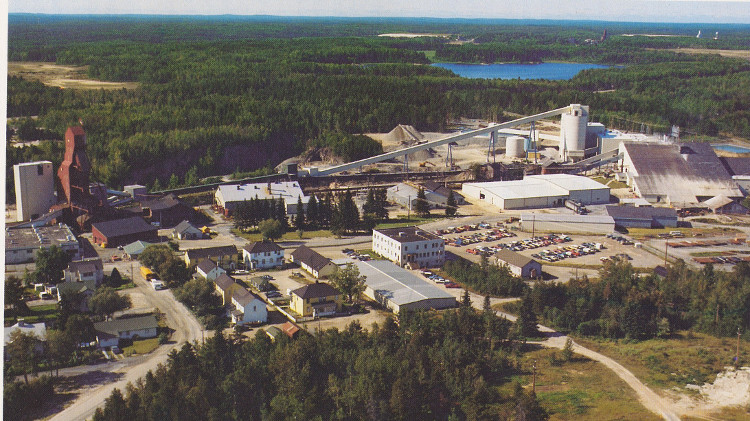Courtesy of Eduardo de A. Ruiz Martins
The reinstatement of a 25 per cent tariff on imported steel by the United States (see p. 18) has already significantly impacted global trade dynamics, forcing key suppliers to adapt to new market patterns. Canada and Brazil have emerged as strategic countries in the steel industry, leveraging their strong production capacities, trade relationships and adaptability to shifting global demand. Their complementary strengths in steel manufacturing and iron ore production position them as important players in a market increasingly shaped by economic policies and sustainability goals.
Brazil is a major global steel producer, ranking ninth worldwide with an output of 34 million tonnes of crude steel in 2024, representing 1.8 per cent of the world’s total production. The country is home to some of the world’s largest steel manufacturers, including Gerdau S.A., which produced 12.74 million tonnes in 2023, and Companhia Siderúrgica Nacional, with 3.06 million tonnes. Furthermore, Brazil remains the second-largest global producer of iron ore—a critical input in steel manufacturing—further reinforcing its influence in global trade.
Canada, while not ranking among the top 10 steel producers, maintains a highly efficient and technologically advanced steel sector, having produced 12 million tonnes of crude steel in 2024. The Canadian steel industry is characterized by its commitment to sustainability, innovation and high-quality output, making it a preferred supplier in North America. Leading companies such as Algoma Steel and ArcelorMittal Dofasco have made significant investments in electric arc furnace technology to reduce carbon emissions while maintaining high production efficiency. These advancements allow Canada to maintain strong export performance, particularly to the U.S., despite changing trade policies.
According to the U.S. Geological Survey, between 2020 and 2023, Brazil supplied 47 per cent of all U.S. iron ore imports, underscoring its critical role in North American steel production. During the same period, Canada provided 30 per cent of all U.S. iron ore imports, meaning that both countries contributed to more than three-quarters of all U.S. iron ore imports. Brazil’s steel exports to the U.S. over the same period represented 13 per cent of all U.S. imports, while Canada accounted for 23 per cent, indicating that together, the two countries supplied over one-third of all U.S. steel imports.
Looking ahead, global steel demand is projected to increase in 2025, providing new opportunities for suppliers like Brazil and Canada. The World Steel Association forecasts a 1.2 per cent increase in global steel demand, bringing total consumption to 1,772 million tonnes. This signals a positive outlook for steel manufacturers, reinforcing the need for stable and resilient trade relationships between key producers and consumers.
Beyond their trade relationships with the U.S., Canada and Brazil are seeking new opportunities to expand their partnership. According to the Government of Canada, a new free trade agreement currently under negotiation could significantly enhance trade between the two nations. At present, Canadian exports to Brazil face high tariffs, with automobiles taxed at rates of up to 35 per cent, while machinery and equipment face tariffs of up to 20 per cent. A finalized free trade agreement would remove these barriers, making Canadian steel exports more competitive in Brazil, while facilitating increased Brazilian iron ore shipments into Canada’s supply chain.
As U.S. trade restrictions tighten, Canada and Brazil have a unique opportunity to strengthen their economic relationship and reduce their reliance on U.S. markets while expanding their global influence. The countries’ strong production capacities, sustainability initiatives and adaptability to evolving market demands will be key to ensuring long-term growth. By finalizing trade agreements, investing in modern production technologies and leveraging their respective strengths in steel and iron ore manufacturing, Canada and Brazil will continue to be global leaders in shaping the future of the steel industry.
Rather than simply reacting to economic policy changes, Canada and Brazil are proactively positioning themselves as global steel and iron ore trade leaders. As the demand for high-quality, sustainable materials grows, these two nations are not just adjusting to global trends—they are leading the transformation of the global steel market.
Eduardo de A. Ruiz Martins is mining and environment manager at Companhia de Desenvolvimento de Minas Gerais in Brazil.




